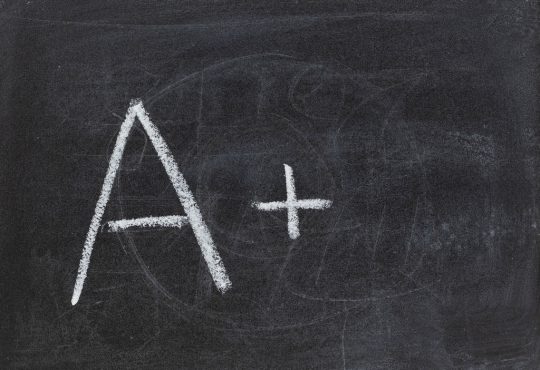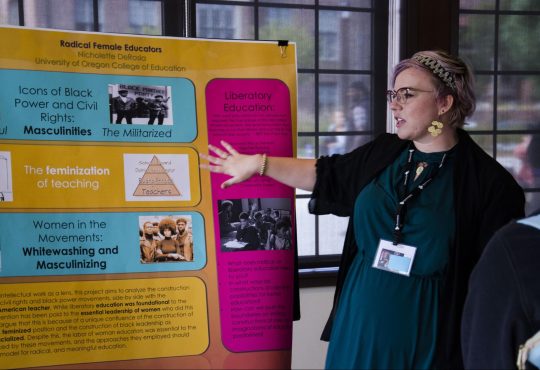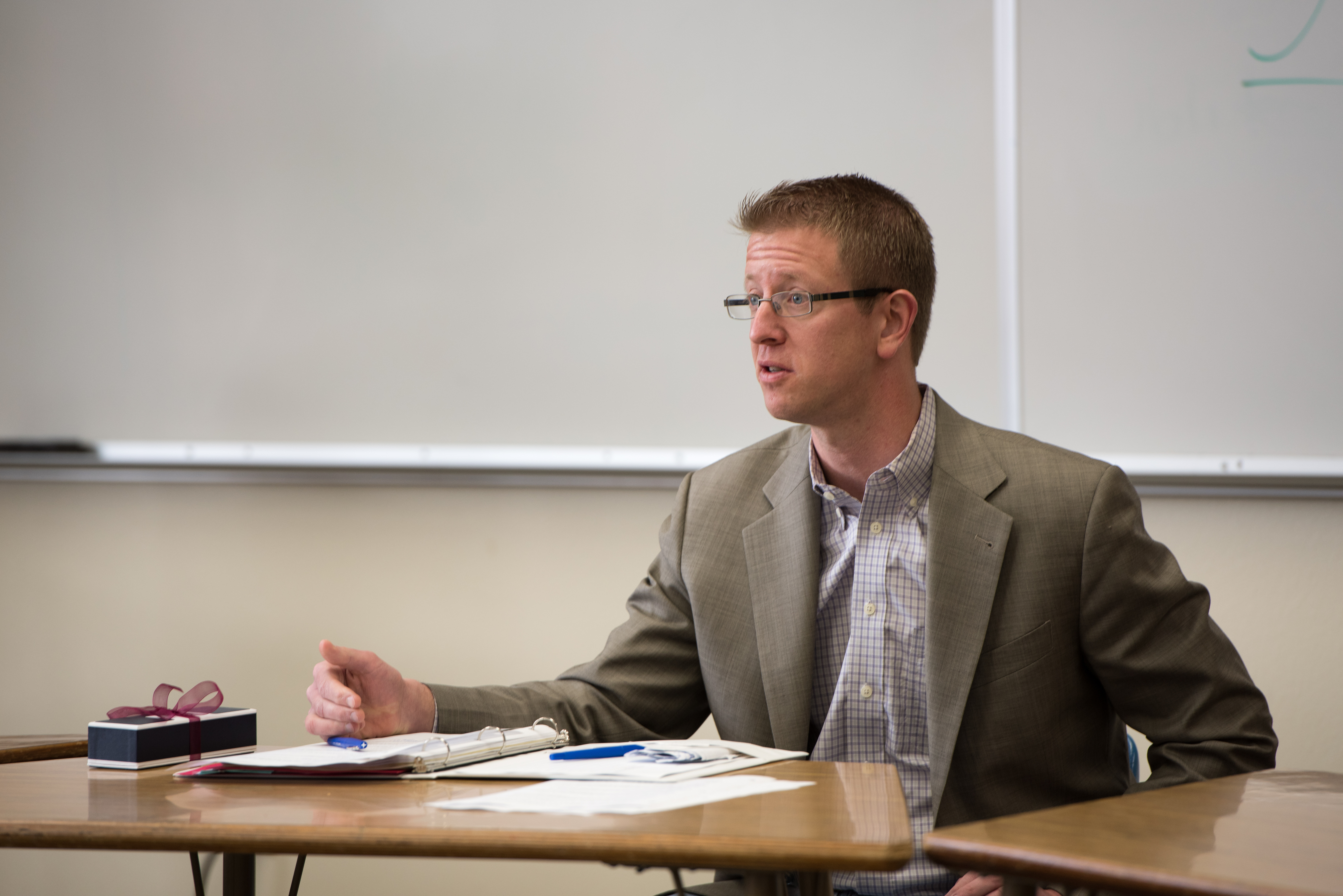
The foreign language requirement at liberal arts schools like Puget Sound is often thought of as an obstacle that one tries to quickly pass with minimal stress and effort.
Is the foreign language requirement really just a haphazard glance in the opposite direction from one’s studies? And are students really motivated by the University to see the value in dedicating a portion of their education toward learning another language?
As part of the graduation requirement, the University of Puget Sound requires “all students … to demonstrate college-level knowledge of a classical or modern foreign language,” as stated by the University’s webpage.
Yet, the same webpage offers quite a few options for those that would want to either dodge the full language requirement or even opt out of it entirely.
Right now, as stated by the University’s webpage, a student can do so by either “achieving a score of 4 or 5 on the College Board Advanced Placement examination, or a score of 5, 6 or 7 on an International Baccalaureate Higher Level foreign language exam, completing … one semester at the 200 level or above, with a passing grade … passing a language examination in Chinese, French, German, Greek, Japanese, Latin or Spanish … [or] passing an achievement test in a language not taught at Puget Sound.”
“The national trend … for foreign languages in general has tapered down. … American students are still not taking enough second languages, even though the country is getting more diverse,” Lotus Perry, a language instructor in the Chinese Department, said. “Nobody expects Americans to speak a second language, isn’t that sad?”
According to the 2016 Modern Language Association (MLA) report on foreign language enrollment in higher education, the amount of students at the university level studying foreign languages is at a decline: “The 2013 MLA census showed overall enrollments falling by 6.7%. At the time, it was not clear whether the drop represented an anomaly in the growth of language enrollments that had continued uninterrupted since 1998 or was the beginning of a sustained downward trend, something that had not happened since the 1970s. The 9.2% decline for fall 2016 clarifies any uncertainty.”
In light of this decline, an ad hoc committee at Puget Sound is working on revamping the current language requirement.
“It is also important to keep talking about the advantages of second language acquisition and how it can help learners advance their career opportunities,” Nida Kiali, the only Arabic instructor on campus, said. “In terms of classes, students should have a variety of language and cultures to choose from. Such languages should go beyond first year level.”
Some of the languages currently taught at the University of Puget Sound include Arabic, Chinese, French, German, Greek, Hindi, Indonesian, Japanese, Latin and Spanish. In addition, students have the opportunity to study abroad in other countries through 142 University-approved programs.
“We want students in small liberal arts school to extend that breadth,” Perry said. “We want you to explore.”
Often stressed by language professors is the importance of recognizing ourselves as part of a global society, whether one steps outsides the United States or not. If students want to be competitive in the job market, language acquisition is almost guaranteed to give someone an edge. Furthermore, as the United States becomes more diverse, language acquisition can appear a necessity towards not only better communication but also endorsing and maintaining such diversity.
“Learning a language is a very important aspect of a liberal arts education,” Diane Kelley, a professor in the French Studies Department, said. “Not everyone speaks English and not everyone should speak English. We need to reach out in a global society and find ways to communicate with each other.”
“Just look around and see how beautiful and multicultural our world is becoming,” Kiali said. “Additionally, the world is becoming more global and codependent. Regardless of the field, every workplace looks to hire people who are familiar with cultures other than theirs.”
Part of the foreign language committee’s goal is to change the actual name of the current foreign language requirement to something else.
“Spanish to me may be a foreign language but to somebody else it’s their native language,” Perry said. “Chinese is my native language but to someone else it is a foreign language, but I am American just like they are.”
The hope in changing the name of the foreign language requirement is to promote both a sense of equality as well as encourage students to continue learning, regardless if they know one, two, three or four languages. The goal of this requirement is that students graduate with a knowledge that can prove useful in their future goals both in and out of the workforce.
“Studying language is a commitment. … The major goal is to train our students to become a citizen in a global community. … Chinese is hard to learn, but once you are getting into it, it is a very doable language to study,” Perry said. “It’s not just about language proficiency … you can make connections within other disciplines within the Asian Studies Program.”
In addition, the University of Puget Sound was recently ranked by the Peace Corps, “sixth among small schools on the agency’s list of top volunteer-producing colleges and universities in 2019,” as well as a top producer of Fulbright Scholars by the U.S. Department of State’s Bureau of Educational and Cultural Affairs, as stated on the University’s website. All of these contribute to the possibilities one may have as a university student learning another language on campus.
“As for liberal arts education, I am fond of making foreign language study mandatory for every college student,” Kiali said. “To create critical thinkers, colleges should commit to offering students courses across a range of disciplines. One way to do so is offering a variety of foreign languages beyond the ability to speak another language fluently.”
When asked about the future of the language departments in general at the University of Puget Sound, Kelley had this to say in closing: “I hope that language, as part of the humanities, gets more respect. … I know that some universities because of financial issues, have started to cut some language programs and I hope that Puget Sound never gets to that point.”






